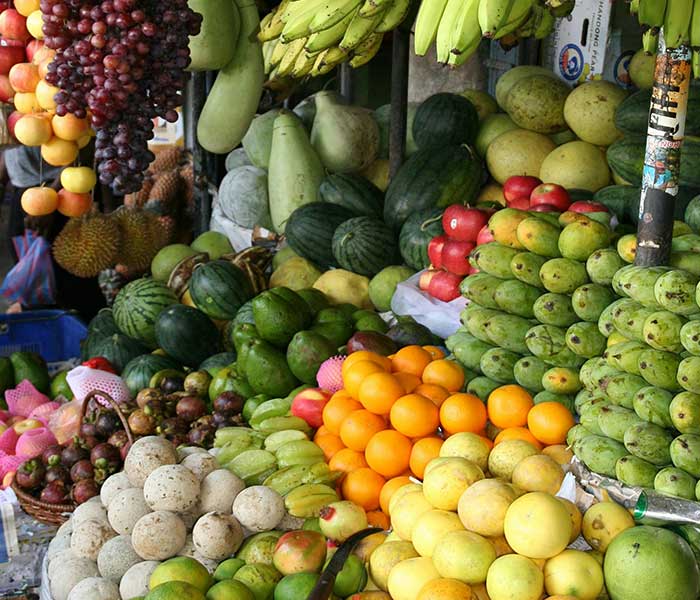Environmental Sustainability
Central to our ESG rationale is the imperative of environmental sustainability, acknowledging our inherent responsibility to safeguard the delicate balance of nature upon which agricultural ecosystems depend. Through the adoption of sustainable farming practices, such as precision agriculture, organic cultivation, and water conservation techniques, AGIL strives to minimize our ecological footprint while optimizing agricultural productivity. By promoting biodiversity, mitigating soil erosion, and reducing greenhouse gas emissions through adoption of environmentally friendly systems e.g solar for lighting,production and irrigation systems, eco-friendly energy stoves and brqiquettes etc, we also endeavor to nurture resilient ecosystems that endure for generations to come.



